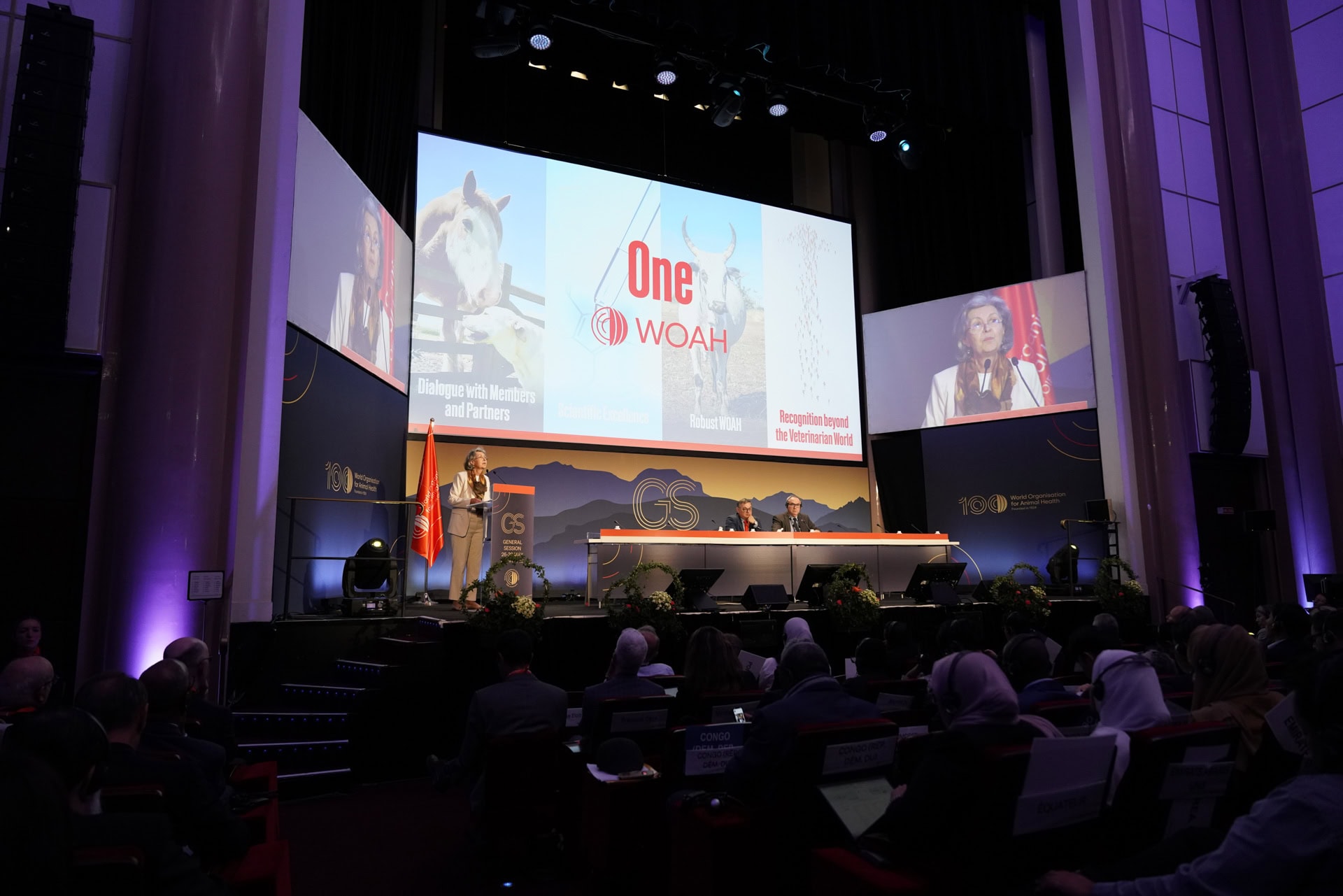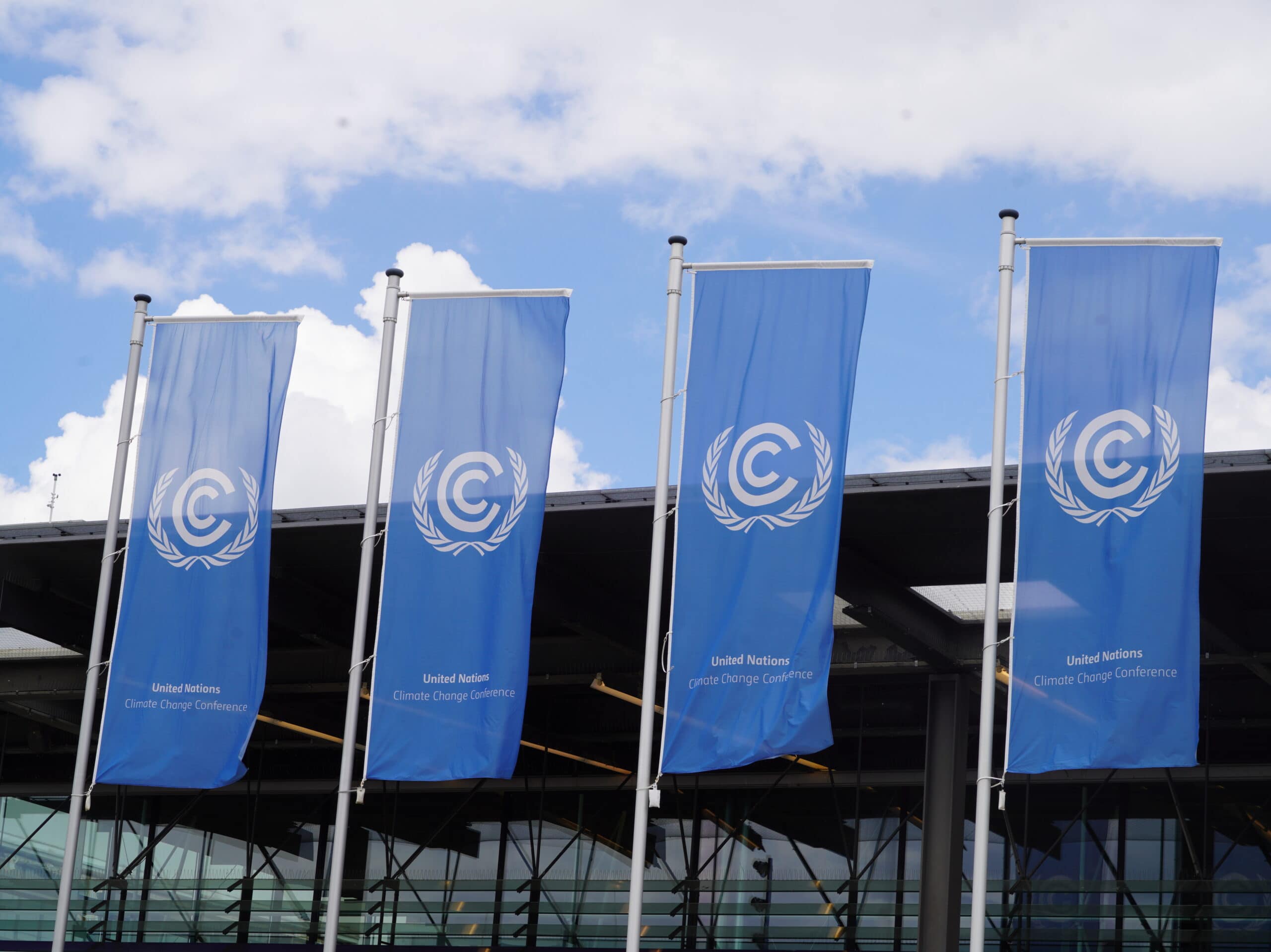Over the past month, I’ve had the privilege of representing WFA at two pivotal African conferences. During these events, I observed a growing resolve amongst African nations to collaboratively tackle the continent’s environmental challenges. Africa is not only aware of its issues but is also actively seeking solutions, positioning itself as a key player in the global response to our planetary crises. Here are some key takeaways related to animal-related matters:
The 19th session of the African Ministerial Conference on Environment – AMCEN
Africa, home to a quarter of the world’s biodiversity, faces a biodiversity crisis worsened by climate change and human activities. The 19th session of the African Ministerial Conference on Environment (AMCEN) brought this to the fore, emphasising the need for a united approach and the importance of the Kunming-Montreal Global Biodiversity Framework.
1. The environment–animal welfare nexus came to the fore
Throughout the meeting, multiple member States of UNEP alluded to the loss of animal life resulting from human actions as a challenge to sustainable development.
- Elisabeth Mrema, UNEP’s Deputy Director, strongly condemned the poaching of wildlife species in Africa as a threat to biodiversity and health. This sentiment was echoed by AMCEN’s newly elected chair, the Ethiopian Minister for Environment, who also noted that “Biodiversity is paramount for economic development in Africa including livestock, agriculture and wildlife”.
- Delegates from the Congo basin emphasised the repercussions of civil wars on the environment and biodiversity including animals, emphasising the detrimental linkage to the health and well-being of all.
- Meanwhile, Tanzania highlighted the loss of marine life due to human actions along the East African shorelines and advocated for the consideration of including these areas under the Abidjan Convention.
Such statements resonate with the Global Biodiversity Framework’s aim to safeguard and restore ecosystems to uphold their capacity to provide vital services. Meeting these goals necessitates a commitment to alleviating human pressures that negatively impact them and their animal inhabitants. Indeed, the loss of animal biodiversity is increasingly linked to higher zoonotic disease emergence and a heightened risk of pandemics through the ‘dilution effect’.
2. Commitments made need to include One Health
The conference concluded with the Addis Ababa Declaration, where African Union Member States pledged to implement the Global Biodiversity Framework by updating or revising national biodiversity strategies and action plans. They also committed to securing financing through collective advocacy, which marks a positive stride toward biodiversity protection.
In a joint statement from the UNEP’s Major Groups and other Stakeholders, we urged member states to incorporate the One Health approach into their national biodiversity and health strategies. This will greatly facilitate the successful implementation of the Global Biodiversity Framework. We also called upon the member states to safeguard Africa’s endangered animal and plant species, in line with the CITES COP15 outcomes.
The Africa Climate Summit
The Africa Climate Summit and Week in Nairobi presented another opportunity for African countries to consolidate plans and sustainable pathways to mitigate the region’s pressing environmental challenges. Here are some of the most important takeaways:
1. Balancing economic growth and environmental stewardship is paramount
African leaders and stakeholders committed to climate-aware investments including in agriculture, protecting nature, and learning from indigenous traditions in the Nairobi Declaration.
2. Climate change is more than an environmental issue —it is a global health crisis
The consequences of climate change on the health of humans, animals, and the environment were discussed by participants in multiple side events. Discussions like this on ‘safeguarding human and animal health in a changing environment’ emphasised that the interconnected health of humans, animals, and the environment should be a central consideration in climate change discussions.
3. One Health is the way to go
The impacts of climate change extend beyond borders, disrupting ecosystems, economies, and livelihoods. The African Union Commission emphasised One Health as a transformative approach, uniting experts across disciplines to combat climate-related health crises. It’s not just an option; it’s a moral imperative, emphasising inclusivity in the fight against climate change.
4. The bad fruit: anthropocentrism
The anthropocentric viewpoint at ACS was concerning. After all, our current predicament is partly a consequence of prioritising human needs above all else. Our collective mission should pivot from anthropocentrism to ecocentrism—a paradigm that venerates the sanctity of nature, acknowledging its worth beyond human-centric considerations.
Photo Credit: Jo-Anne McArthur / We Animals Media





